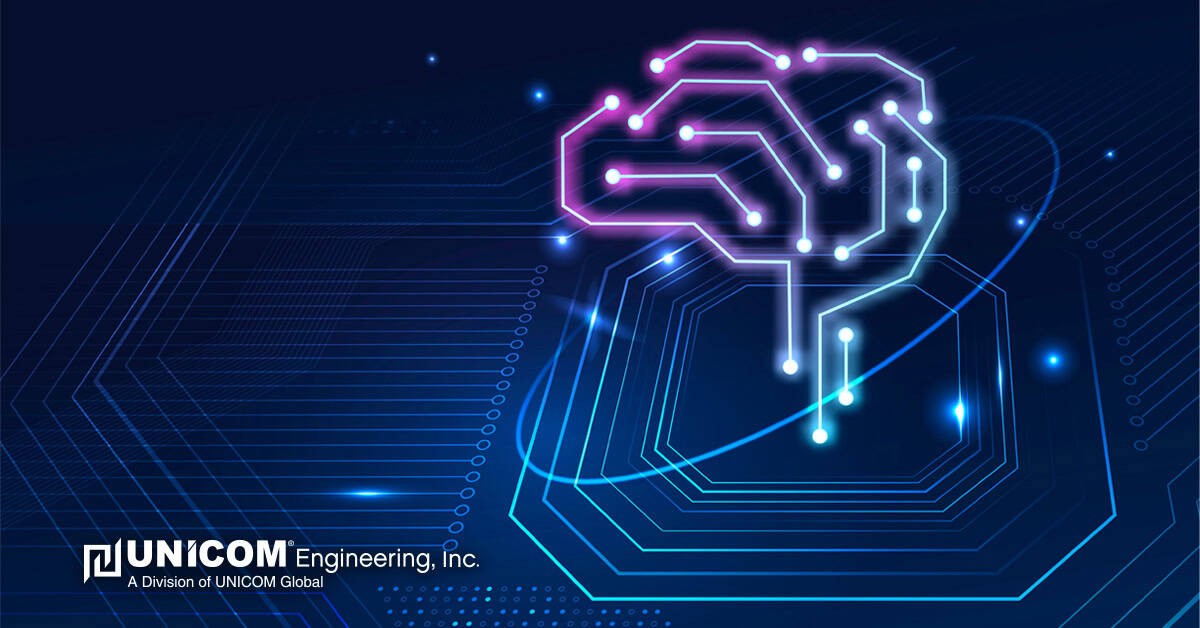While the race toward better AI heats up, so do the data centers that host it. Faster processing creates more heat, which limits a data center operator’s ability to upgrade to the latest CPUs. Fortunately, immersion-ready servers dissipate heat better than ever, providing much-needed scalability and compute density.
How to Increase Compute Power Without Heat Production
For data center operators, some key strategies for scalability without extra heat include:
- Consider your current air cooling costs from a power consumption and equipment perspective.
- Review all corporate and governmental sustainability regulations.
- Ensure that immersion-readiness is a must-have in all new hardware investments.
- Take a serious look at replacing current servers, no matter their performance, with scalable, immersion-ready counterparts
- Partner with integration providers that currently design and configure immersion cooling deployments
A Climate Crisis for the Data Center
Just as the world is grappling with the effects of climate change, data center operators are beginning to face similar problems internally. As we all know, high-end computing requires the fastest chips, and to perform, faster chips require more electricity. While current CPUs require 200 to 300 watts of power, latter generations are moving rapidly to 350 and upwards to as much as 700 watts. And with the presence of that much electricity comes heat.
In the past, accommodating more heat has forced servers to grow in size to allow more air to be blown over hot equipment. This approach, in turn, requires more extensive facilities. However, all data center operators run into space limitations at some point and, as a result, face structural constraints to the CPU capacity they can add. Therefore, the traditional philosophy of 'bigger is cooler' is fast becoming obsolete.
Moreover, more energy must be expended on ever-powerful fans and the growing cost of air conditioning to circulate more significant volumes of air through the data center. This unfortunate combination makes meeting consumption and sustainability standards more challenging than ever.
Immersion Cooling - Your Solution to the Coming Cooling Crisis
As mentioned, growing data centers are fast approaching a wall where they can no longer expand physically. That's when computing density, or the ability to pack more processing into a smaller space, becomes paramount. After all, firms can only build and air-cool a finite amount of square footage.
In contrast, with immersion cooling, data center operators can do more with their space. That's because fluids act as a much better heat conductor than air, to the tune of 100% heat capture. Therefore, immersion-based systems can dissipate heat, unlike traditional air-cooled systems that leave some heat within circuit boards. This advantage allows immersion-cooled servers to operate near one another, making liquid-cooled environments denser and better performing than older, air-cooled ones.
Keeping Up with Sustainability Standards
Unfortunately, today's data centers already devote as much as 30% of their electric power to cooling. As mentioned, next-gen applications will consume more energy due to faster processors before cooling is even considered. In response, governments and other organizations worldwide are enacting sustainability standards. To meet these requirements, data centers can benefit from the unparalleled efficiency of liquid cooling.
With immersion-cooled servers, data centers no longer need to consume added power by running fans and air conditioning. Instead, they can achieve a near one-to-one ratio between power used for processing and power used to run the data center.
Immersion-Ready Servers
While select older facilities may already be equipped with water-based cooling systems, newer cooling technology uses non-flammable oils. However, older systems cannot be retrofitted for this technology. Instead, newer immersion-ready servers must be used. These platforms come equipped with the latest generations of CPUs, GPUs, and storage media, making them ideal for AI and other contemporary use cases. It's the classic example of hardware empowering the creation of better applications.
While buying immersion-ready hardware is essential, choosing an integration partner who can build and deploy systems to meet your output and cooling needs is even more paramount. As in most deployments, the expertise to configure, install, and bring live the latest platforms sets qualified integrators apart from mere hardware resellers.
Don't Allow Heat Production to Limit Your Data Center Growth—partner with UNICOM Engineering.
Immersion cooling allows data center designers to increase their systems' performance while maintaining the most efficient operations.
So, when it comes time to design your next cooling solution, look to UNICOM Engineering for the proper hardware and expertise to support your latest data center design. In addition, our experts will ensure you have the computing power you require today in a design that scales to meet the needs of tomorrow.
As an Intel Technology Provider and Dell Technologies OEM Partner, we can supply, build, and support the best hardware to meet or exceed your application's needs and help you bring it to market faster. Schedule a consultation today to learn how UNICOM Engineering can keep you moving forward.
